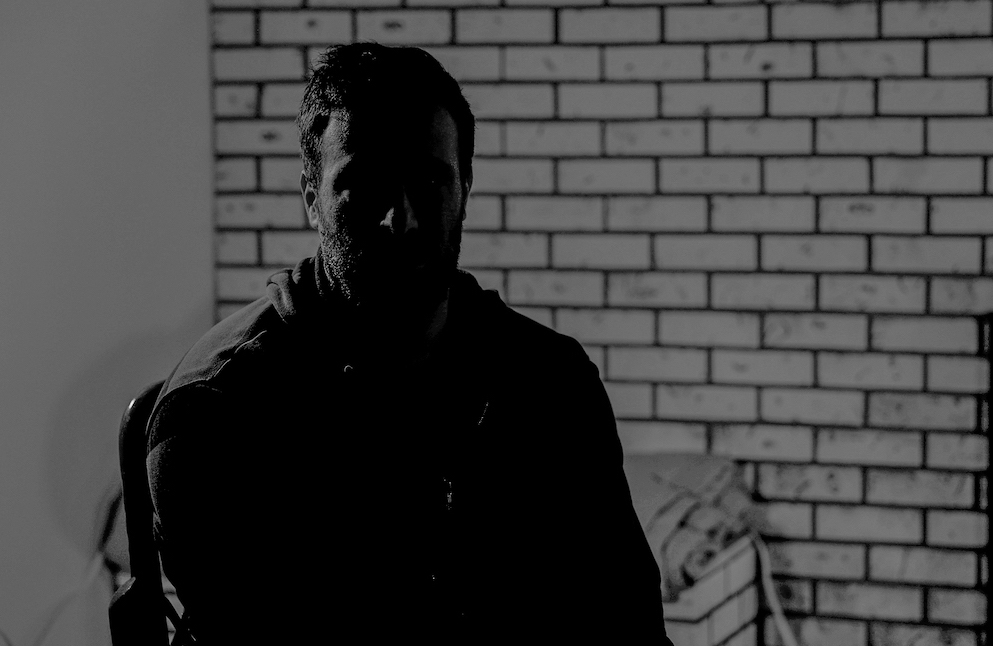Globally, the number of people forced to flee their homes has increased in each of the last 10 years, according to the UN Refugee Agency. With over 100 million people forcibly displaced as of May 2022 (up from 89.3 million at the end of 2021), the number is at its highest since records began. Between climate change and war, these numbers will likely increase for the foreseeable future, with more people than ever before seeking refuge in the West, including Canada.
A new TELUS original documentary, Finding Freedom, focuses on four individuals, all of whom fled Iran for what they think, who they are, and to protect their families. Through smugglers, they escaped for Australia — a harrowing journey in itself — only to be transferred to detention centres in Manus island (for men), which is part of Papua New Guinea, and Nauru (for women and children), a minuscule island over 2,200 kilometres east.
Even the disheartening term “detention centre” doesn’t convey the brutal living conditions in the centre — funded by Australia’s government and operated by Manu and Nauru’s — where over a thousand innocent people lived in sweltering tents, ate awful food and exchanged cigarettes like currency. One of the film’s subjects, Amir, amassed enough of a tobacco fortune to smuggle a cellphone in to get his story out, in addition to taking part in demonstrations and hunger strikes that received outside media attention. His trouble-making ways (from the guards’ perspectives) are part of the reason he only spent four years in detention. Two of the other subjects spent between seven and nine years respectively.
Amir’s story made international headlines, some of which director Alan Goldman and producer Mel D’Souza saw. As documentarians who seek out Canadian stories with international appeal, they were intrigued by the young, articulate man’s experience. But once he shared more details, they were appalled.
“I think the moment that hit us both was when we were just having a coffee with Amir, when we first met him. He said they were referred to as numbers, because he was given a number based on the number on the bow of the boat he arrived on. I grew up learning about the Holocaust, and the idea of being referred to as numbers made me think of concentration camps. We were just mortified, and felt we had to let the world know this was happening in a so-called civilized country,” Goldman says.
